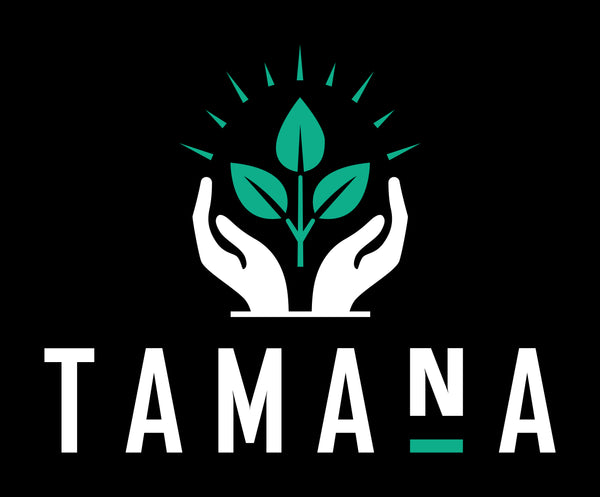
The Essential Brew: How Coffee Fuels Our Health Sector
The Essential Brew: How Coffee Fuels Our Health Sector
Healthcare workers stand on the frontline of our society, often operating in high-pressure, life-saving environments. From doctors and nurses in the emergency room to ambulance drivers navigating the chaos of cities, coffee has become an unsung hero in the health sector. While it doesn’t perform surgeries or make diagnoses, coffee provides the energy, focus, and comfort needed to fuel the heroes who save lives daily. Let’s dive deep into how coffee plays an indirect but vital role in our health sector.
1. Coffee Powers Long Shifts in Emergency Rooms
Emergency rooms (ERs) are one of the most demanding environments in healthcare. Physicians and nurses often work 12 to 16-hour shifts filled with high-stakes decisions.
• Sustained Energy: Coffee helps medical staff stay alert and responsive during long hours of treating patients, sometimes through the night. Its caffeine boosts energy levels, aiding focus during complex medical procedures.
• Improved Decision-Making: Studies show that moderate coffee consumption can enhance cognitive function, enabling healthcare workers to think more clearly under stress.
2. A Lifeline for Ambulance Drivers and EMTs
Ambulance drivers and emergency medical technicians (EMTs) rely on quick reflexes and sharp attention to transport patients safely and deliver essential care en route.
• Maintaining Alertness: Coffee combats fatigue, especially during graveyard shifts or back-to-back calls, ensuring drivers can navigate busy or poorly lit streets safely.
• Emergency Readiness: The caffeine in coffee improves reaction times, which can be the difference between life and death when seconds count.
3. A Ritual of Connection for Healthcare Teams
Coffee breaks are more than just moments to grab a drink—they are rituals that promote team cohesion in high-stress environments.
• Fostering Support: Shared coffee moments in breakrooms provide opportunities for healthcare workers to debrief, support one another, and decompress after emotionally taxing situations.
• Boosting Morale: In many hospitals, coffee becomes a small comfort, creating a sense of normalcy and helping maintain morale during crises like the COVID-19 pandemic.
4. Community Support Through Coffee Donations
During challenging times, communities rally around healthcare workers, and coffee often plays a central role in this support.
• COVID-19 Donations: During the pandemic, coffee brands and cafés delivered millions of cups of coffee to hospitals across the globe, energizing frontline workers.
• Gratitude in a Cup: For many healthcare workers, these gestures reminded them they weren’t alone in their battle, providing emotional and physical sustenance.
5. Coffee and the Science of Healthcare Performance
Science supports coffee’s integral role in keeping healthcare professionals at their best.
• Alertness Without the Jitters: Moderate coffee consumption, especially with high-quality specialty coffee like Tamana Coffee, provides steady energy without the crash often associated with sugary energy drinks.
• Reduced Risk of Errors: Studies reveal that tired workers are more prone to making mistakes. A well-timed coffee break can reduce errors in documentation, diagnosis, and care.
6. Coffee’s Role in Patient Care
While coffee is most closely associated with healthcare workers, it also impacts patients in surprising ways.
• Rehabilitation Support: For patients recovering from strokes, Parkinson’s, or other neurological conditions, coffee has been shown to enhance motor function and stimulate brain activity.
• Dietary Preferences in Hospitals: Many patients find comfort in their morning cup of coffee, making it an essential offering in hospital kitchens.
7. A Historical Bond Between Coffee and Healthcare
Coffee’s association with the health sector isn’t new.
• Coffee for Battlefield Medics: During wars, coffee kept medics awake to care for wounded soldiers.
• Hospitals as Early Coffee Hubs: Historically, hospitals in Europe often served coffee to patients and staff alike, believing in its energizing and healing properties.
8. Supporting Ethical Coffee for Better Healthcare
The connection between coffee and healthcare highlights the importance of sustainable, high-quality coffee. Brands like Tamana Coffee not only energize but also advocate for practices that support communities, farmers, and the environment, mirroring the compassion and care found in healthcare.
By choosing ethically sourced coffee, hospitals, healthcare workers, and communities can enjoy a beverage that sustains both people and the planet.
Coffee: The Silent Partner in Saving Lives
Coffee may not wear scrubs or hold a stethoscope, but its impact on the health sector is undeniable. It fuels the individuals who save lives, providing the energy, clarity, and comfort needed to excel in one of the world’s most demanding fields.
At Tamana Coffee, we recognize the vital role coffee plays, not just as a drink but as a catalyst for resilience and connection. Explore our blends and join us in supporting the people who keep the world turning, one cup at a time.
Fuel Your Heroes. Support Your Community. Choose Tamana Coffee.
